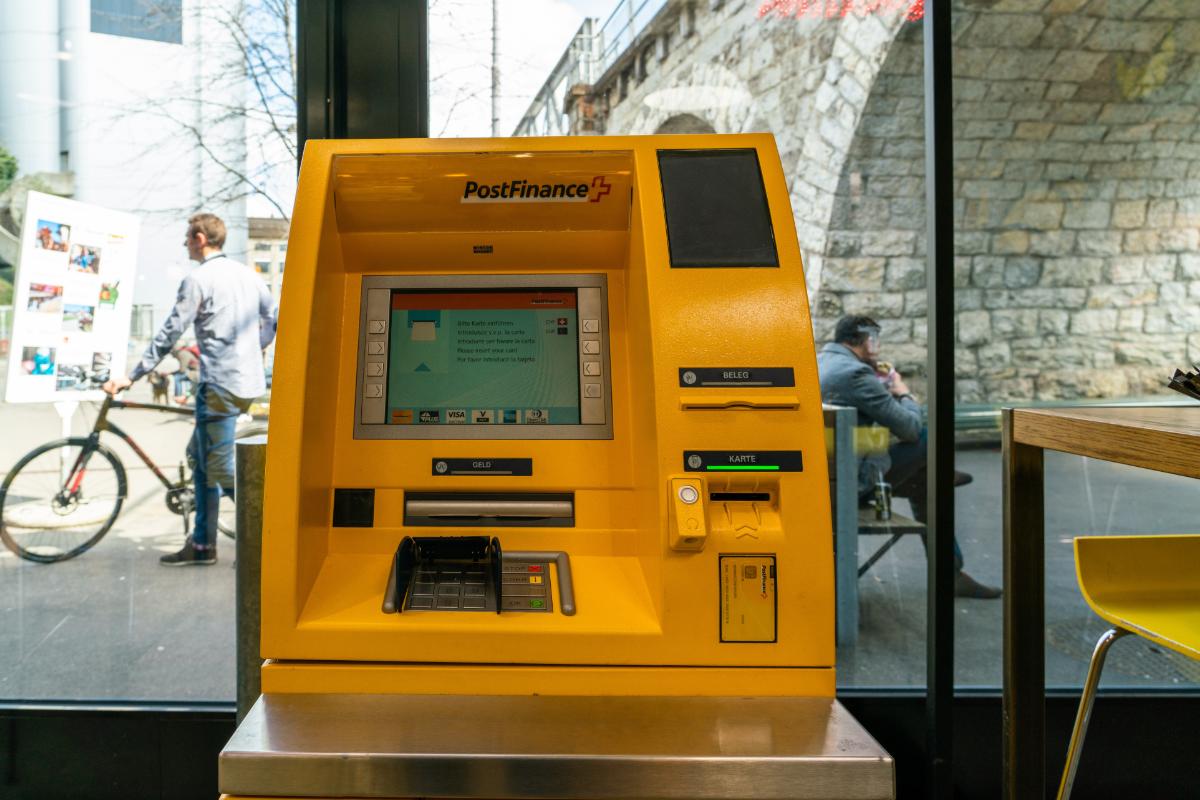
As a tenant or landlord paying and receiving the rent on
time is essential. If you’re a tenant it enables you to keep possession of your
home. As a DIY landlord the rent pays the mortgage and keeps you in business.
But what are the best ways for a tenant to pay and for a landlord to receive
not only the rent but also deposit payments too?
Paying the deposit
If you’re a tenant paying the deposit is the first tangible
step to moving into your new
home. Making that payment will remove any nagging doubts you may lose the
property. But what's the best way of making sure your deposit reaches the
landlord or their agent?
It's advisable to not pay in cash. It's often possible to do
so but there are other safer methods. However, if you do make a cash payment
make sure you obtain a written and signed receipt from the landlord.
But the safest way to pay your deposit is either by credit or
debit card or bank transfer. A debit card won't attract any fees or you could
transfer the money using your online banking app. This is by far the safest way
of transferring money.
Don't forget that since June 1, 2019 the amount of deposit
you can be asked to pay has been capped at the equivalent of five weeks rent.
The landlord can't ask for more.
Paying the rent as a tenant
The rent should be the expense you give the highest priority
to every month. By far the simplest solution to paying the rent is to set up a
standing order. Once the standing order is set up you don't have to do anything
else. Apart from making sure there's enough money in your account to cover the
payment of course. There are several advantages to using a standing order as
opposed to cash or cheque:
·
Convenience. You don’t have to do anything once
the payment is set up.
·
Can be set up in a few minutes.
·
A standing order creates a payment trail. It's
proof you've paid the rent should any dispute arise.
·
You retain control. A standing order is
different to a direct debit in which the payee decides the amount deducted from
your account.
Collecting deposit and rent payments
As a DIY landlord the health of your business depends on you
successfully collecting
rent payments from your tenant. In an ideal world your tenant will pay the
monthly rent without any prompting from yourself. And the money will drop into
your account every month just like clockwork. Unfortunately, that doesn't
always happen.
For a whole plethora of reasons collecting the rent isn't
always straightforward. This is why you
should always encourage your tenant to set up a standing order. However, you
may find it beneficial to accept payment by bank transfer, cash or even cheque.
But these are all manual payments. They’re easy for the tenant to
overlook. Which is why a standing order
is always preferable.
One way for DIY landlords to ensure they receive rent
payments regularly is to enlist the help of MakeUrMove. Our property management
services include rent collection. We'll collect your rent for you and should
your tenant fall behind we'll manage the arrears. We also provide legal
eviction assistance if required.
Using MakeUrMove to collect the rent on your behalf allows
you to concentrate on other areas of your business. And you won’t lose out
financially as rent protection is also included.
Our collection services also include collecting and
protecting your tenant's deposit. Again, we do all the work for you. You can
find out more about our property management services here.
Tenants – you can find your ideal property
faster with MakeUrMove the online letting platform bringing landlords and
tenants together.






